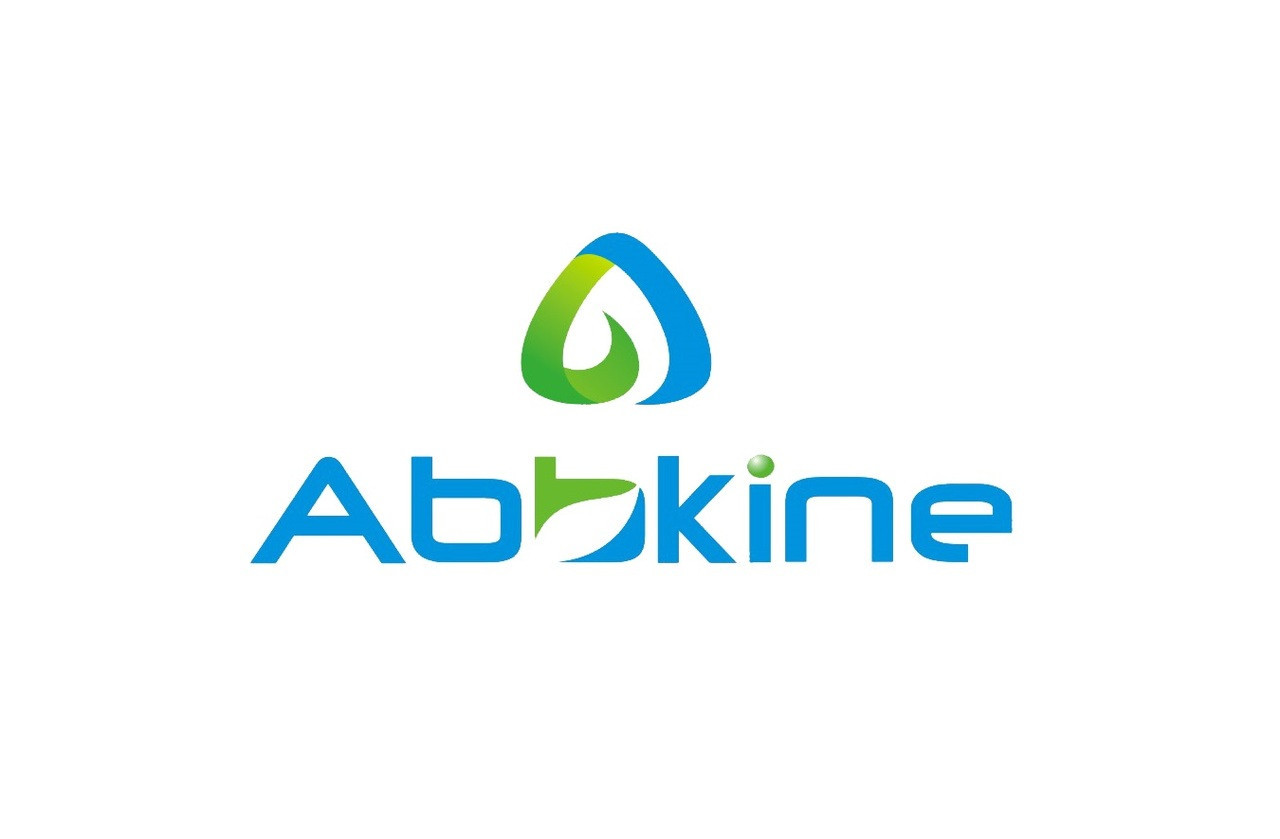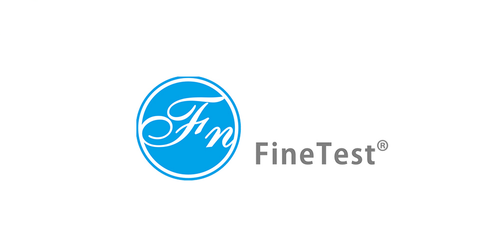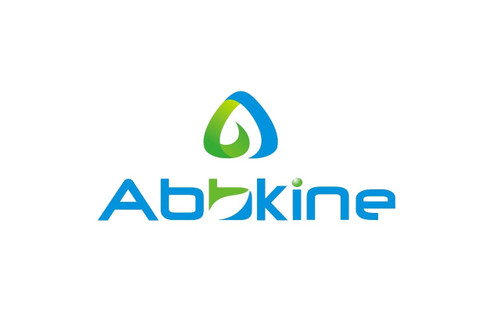Product Description
Human Brain-specific serine protease 4 (PRSS22) ELISA Kit | KTE61108 | Abbkine
Application: This Human Brain-specific serine protease 4 (PRSS22) ELISA Kit employs a two-site sandwich ELISA to quantitate PRSS22 in samples. An antibody specific for PRSS22 has been pre-coated onto a microplate. Standards and samples are pipetted into the wells and anyPRSS22 present is bound by the immobilized antibody. After removing any unbound substances, a biotin-conjugated antibody specific for PRSS22 is added to the wells. After washing, Streptavidin conjugated Horseradish Peroxidase (HRP) is added to the wells. Following a wash to remove any unbound avidin-enzyme reagent, a substrate solution is added to the wells and color develops in proportion to the amount of PRSS22 bound in the initial step. The color development is stopped and the intensity of the color is measured.
Detection Method: Colorimetric
Conjugate: N/A
Sample Type: Cell culture supernatants#Serum#Plasma#Other biological fluids
Assay Type: Multiple steps standard sandwich ELISA assay with a working time of 3-5 hours. It depends on the experience of the operation person.
Kit Component: • Human Brain-specific serine protease 4 microplate
• Human Brain-specific serine protease 4 standard
• Human Brain-specific serine protease 4 detect antibody
• Streptavidin-HRP
• Standard diluent
• Assay buffer
• HRP substrate
• Stop solution
• Wash buffer
• Plate covers
Features & Benefits: Human Brain-specific serine protease 4 (PRSS22) ELISA Kit has high sensitivity and excellent specificity for detection of Human PRSS22. No significant cross-reactivity or interference between Human PRSS22 and analogues was observed.
Calibration Range: Please inquire
Limit Of Detection: Please inquire
Usage Note: • Do not mix components from different kit lots or use reagents beyond the kit expiration date.
• Allow all reagents to warm to room temperature for at least 30 minutes before opening.
• Pre-rinse the pipet tip with reagent, use fresh pipet tips for each sample, standard and reagent to avoid contamination.
• Unused wells must be kept desiccated at 4 °C in the sealed bag provided.
• Mix Thoroughly is very important for the result. It is recommended using low frequency oscillator or slight hand shaking every 10 minutes.
• It is recommended that all samples and standards be assayed in duplicate or triplicate.
Storage Instruction: The unopened kit should be stored at 2 - 8°C. After opening, please store refer to protocols.
Shipping: Gel pack with blue ice.
Precaution The product listed herein is for research use only and is not intended for use in human or clinical diagnosis. Suggested applications of our products are not recommendations to use our products in violation of any patent or as a license. We cannot be responsible for patent infringements or other violations that may occur with the use of this product.
Background: The deduced 317-amino acid protein contains an N-terminal hydrophobic leader peptide, followed by a propeptide sequence and the serine protease domain, which has the catalytic triad of histidine, aspartic acid, and serine. PRSS22 also has 2 cysteines that form a disulfide bond linking the propeptide and the catalytic domain following proteolytic activation, and it has an N-glycosylation site. PRSS22 lacks a number of residues required by other tryptases to form tetramers. RNA dot blot analysis detected abundant PRSS22 expression in adult esophagus and trachea, with lower levels in adult placenta, pancreas, prostate, and thyroid, and in fetal kidney and lung. There was little to no expression in other tissues examined. Enzymatically active PRSS22 was secreted from a human epithelial cell line and from transfected COS-7 cells.
Alternative Names: PRSS22; BSSP-4; MGC9599; SP001LA; hBSSP-4; brain-specific serine protease 4; prosemin; protease; serine S1 family member 22; tryptase epsilon
Search name: PRSS22; BSSP-4; MGC9599; SP001LA; hBSSP-4; brain-specific serine protease 4; prosemin; protease; serine S1 family member 22; tryptase epsilon
Tag: PRSS22
 Euro
Euro
 USD
USD
 British Pound
British Pound
 NULL
NULL








